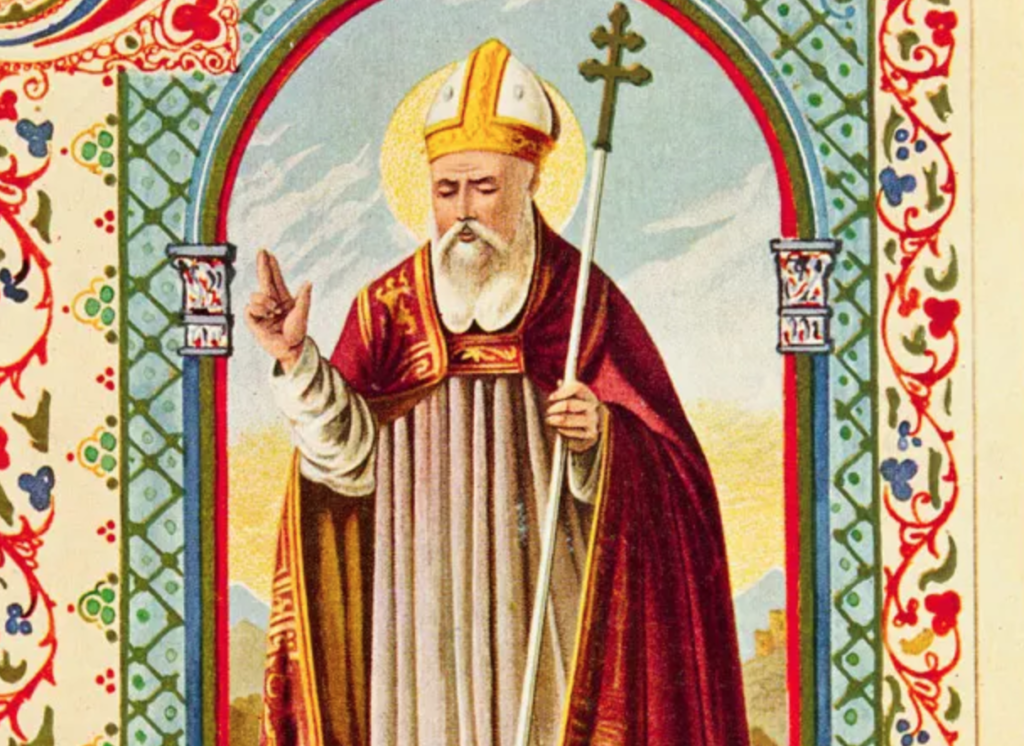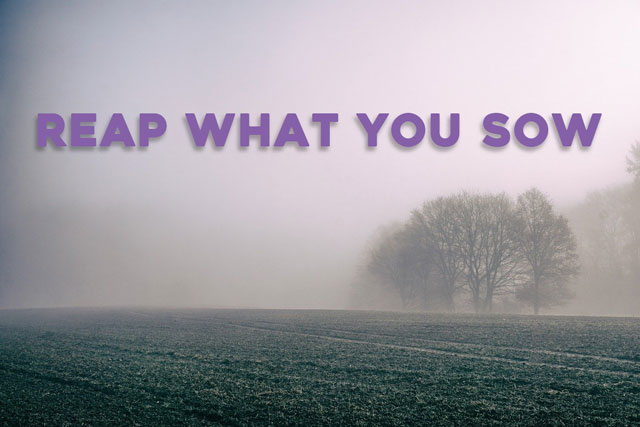All the Woulda-Coulda-Shouldas
A poem by Shel Silverstein
Layin’ in the sun,
Talkin’ bout the things
They woulda-coulda-shoulda done…
But those Woulda-Coulda-Shouldas
All ran away and hid
From one little did.
As I write this newsletter to share with our partners, friends and loyal clients, the worldwide number of confirmed Coronavirus cases has just passed 1,000,000. The financial impact of the virus on the financial health of many Americans has been troubling. As the “curve” of the virus stubbornly inches upward, the average investor can’t help but think back to hearing the first news out of China and wonder if he “shoulda” liquidated his entire investment portfolio that day, then “shoulda” run to Costco to buy out the entire inventory of Charmin jumbo packs. We know one thing, he “woulda” been better off if he’d ignored the ugly coronavirus bear market.

Investors young and old are facing two challenges:
- Don’t panic. It’s scary to watch your financial future disappear and it’s tempting to bail out. Don’t.
- Be sure you have a balanced portfolio that can tolerate future wild stock market rides.
The U.S. and worldwide economic situation was healthy before the coronavirus outbreak. Recovery should eventually be swift. Expecting a full restoration to pre-COVID-19 markets is only a Shoulda, be we can pray for one little “did.”

